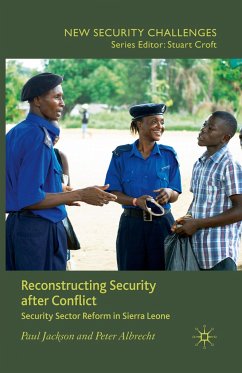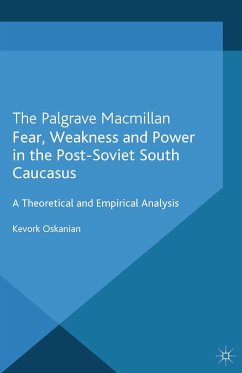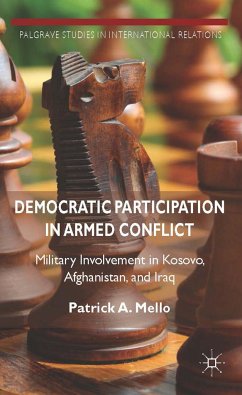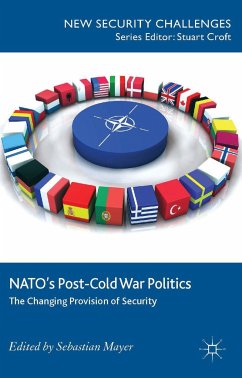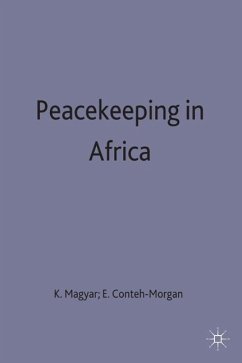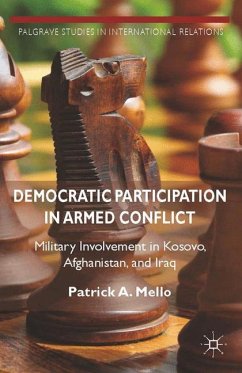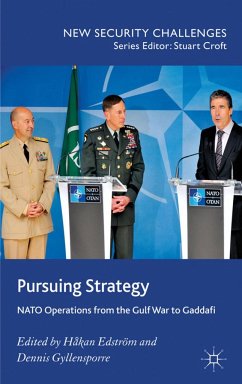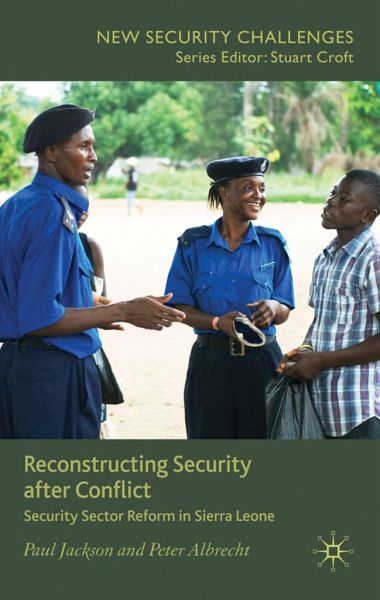
Reconstructing Security After Conflict
Security Sector Reform in Sierra Leone
Versandkostenfrei!
Versandfertig in 6-10 Tagen
38,99 €
inkl. MwSt.
Weitere Ausgaben:

PAYBACK Punkte
19 °P sammeln!
A long-term evaluation and analysis of the UK's involvement in Sierra Leone before and after the conflict which ended in 2002. This book looks at how UK intervention moved from initial involvement through to war fighting and then post-conflict reconstruction, specifically of the security infrastructure.





